Was nervous at first but wow... they actually respected my identity here. Therapy wasn’t cookie-cutter, it felt personal and healing. I wish there was more art-based stuff but still, I found space to process. Staff were affirming, even when things got rough. This place hel ...
About Whitney M. Young, Jr. Health Center
Located in Albany, New York, Whitney M. Young Jr. Health Center is a facility that offers various services including addiction treatment and behavioral health services. The staff can treat substance use disorder through medication assisted treatment and counseling. Clients can pay for these services through Medicaid and Medicare.
Addiction Treatment From a Trained Clinical Team
A team of psychiatrists, licensed social workers, and physicians will offer a combined treatment of medication and behavioral therapies to heal your addiction. The medications that are available at this facility include naltrexone and buprenorphine. They will help to reduce your cravings, normalize your body functions and allow you to be more able to develop healthy behaviors for long term recovery.
The types of therapy that will be available to you at this location include individual therapy and group therapy. Your counselor will use cognitive behavioral therapy and other evidence based treatments to heal your trauma and any mental health issues causing your addiction.
A Network of Care Management Providers
Health Home Care Coordination provides a network of care management providers who coordinate care for Medicaid members with substance use problems. You’ll have assistance with finding community based services that address your specific social, emotional and physical needs. The team can also schedule appointments for you, connect you to medical cab transportation, and link you to other needed resources.
Whitney M. Young Jr. Health Center is just a few minutes away from downtown Albany. When you’re not in treatment sessions, you can spend time checking out the New York State Capitol, which offers free tours on weekdays.
Latest Reviews
Rehab Score
Gallery
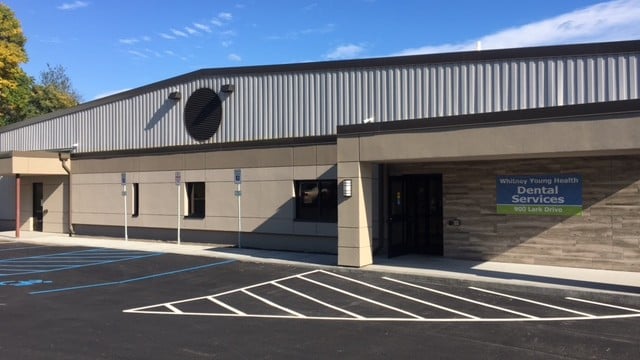

Accepted Insurance




Other Forms of Payment
Self-pay involves paying for treatment out of your own pocket. You can use savings or credit, get a personal loan, or receive help from family and friends to fund your treatment. If you don't have insurance or your insurance plan doesn't cover a specific program, self-pay can help ensure you still get the care you need.
Medicaid is a state based program that helps lower-income individuals and families pay for healthcare. Medicaid covers addiction treatment so those enrolled can use their coverage to pay for rehab. When a program accepts Medicaid the client often pays very little or nothing out of their own pocket.
Medicare is a federal program that provides health insurance for those 65 and older. It also serves people under 65 with chronic and disabling health challenges. To use Medicare for addiction treatment you need to find a program that accepts Medicare and is in network with your plan. Out of pocket costs and preauthorization requirements vary, so always check with your provider.
Addiction Treatments
Levels of Care
Outpatient Programs (OP) are for those seeking mental rehab or drug rehab, but who also stay at home every night. The main difference between outpatient treatment (OP) and intensive outpatient treatment (IOP) lies in the amount of hours the patient spends at the facility. Most of the time an outpatient program is designed for someone who has completed an inpatient stay and is looking to continue their growth in recovery. Outpatient is not meant to be the starting point, it is commonly referred to as aftercare.
Completing a drug or alcohol rehab program shouldn't spell the end of substance abuse treatment. Aftercare involves making a sustainable plan for recovery, including ongoing support. This can include sober living arrangements like halfway houses, career counseling, and setting a patient up with community programs like Alcoholics Anonymous (AA) or Narcotics Anonymous (NA).
Treatments
The goal of treatment for alcoholism is abstinence. Those with poor social support, poor motivation, or psychiatric disorders tend to relapse within a few years of treatment. For these people, success is measured by longer periods of abstinence, reduced use of alcohol, better health, and improved social functioning. Recovery and Maintenance are usually based on 12 step programs and AA meetings.
When you choose drug rehab in New York, you'll participate in a variety of treatments that are designed to help you live a drug-free lifestyle. Common methods of treatment include group, individual, and family counseling, medication management, nutrition, exercise, and management of co-occurring mental health disorders.
Opioid rehabs specialize in supporting those recovering from opioid addiction. They treat those suffering from addiction to illegal opioids like heroin, as well as prescription drugs like oxycodone. These centers typically combine both physical as well as mental and emotional support to help stop addiction. Physical support often includes medical detox and subsequent medical support (including medication), and mental support includes in-depth therapy to address the underlying causes of addiction.
Substance rehabs focus on helping individuals recover from substance abuse, including alcohol and drug addiction (both illegal and prescription drugs). They often include the opportunity to engage in both individual as well as group therapy.
Programs
Adult rehab programs include therapies tailored to each client's specific needs, goals, and recovery progress. They are tailored to the specific challenges adult clients may face, including family and work pressures and commitments. From inpatient and residential treatment to various levels of outpatient services, there are many options available. Some facilities also help adults work through co-occurring conditions, like anxiety, that can accompany addiction.
Young adulthood can be an exciting, yet difficult, time of transition. Individuals in their late teens to mid-20s face unique stressors related to school, jobs, families, and social circles, which can lead to a rise in substance use. Rehab centers with dedicated young adult programs will include activities and amenities that cater to this age group, with an emphasis on specialized counseling, peer socialization, and ongoing aftercare.
Clinical Services
Whether a marriage or other committed relationship, an intimate partnership is one of the most important aspects of a person's life. Drug and alcohol addiction affects both members of a couple in deep and meaningful ways, as does rehab and recovery. Couples therapy and other couples-focused treatment programs are significant parts of exploring triggers of addiction, as well as learning how to build healthy patterns to support ongoing sobriety.
Research clearly demonstrates that recovery is far more successful and sustainable when loved ones like family members participate in rehab and substance abuse treatment. Genetic factors may be at play when it comes to drug and alcohol addiction, as well as mental health issues. Family dynamics often play a critical role in addiction triggers, and if properly educated, family members can be a strong source of support when it comes to rehabilitation.
Group therapy is any therapeutic work that happens in a group (not one-on-one). There are a number of different group therapy modalities, including support groups, experiential therapy, psycho-education, and more. Group therapy involves treatment as well as processing interaction between group members.
In individual therapy, a patient meets one-on-one with a trained psychologist or counselor. Therapy is a pivotal part of effective substance abuse treatment, as it often covers root causes of addiction, including challenges faced by the patient in their social, family, and work/school life.
Staff
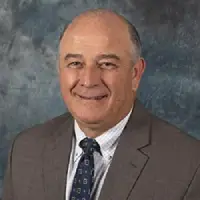
David Shippee
President & CEO
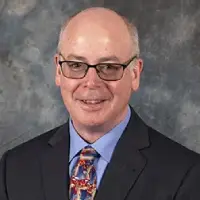
John Fraher, CPA, CFE, CVA, CGMA
CFO
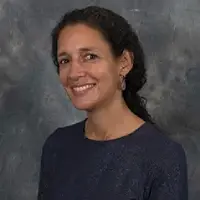
Deborah Vasquez, MD
Chief Medical Officer
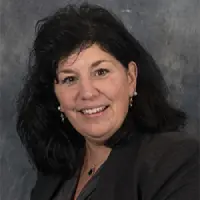
Angela Doe, MS
Chief Behavioral Health Officer
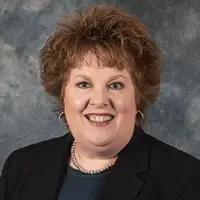
Marybeth Goldstein, PHR, SHRM-CP
Chief Talent Officer
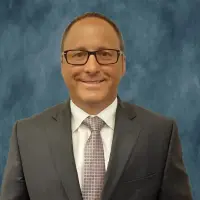
Will Backes
Chief of Staff
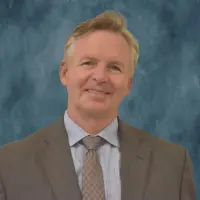
Robert Cawley
CIO
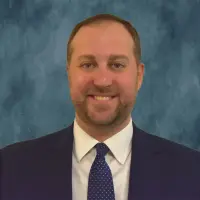
Robert Coyle
COO

Christina Rajotte
Chief Development Officer
Contact Information
900 Lark Dr
Albany, NY 12207












